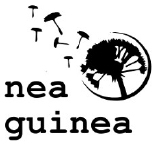Energy
Generating energy from renewable sources and open technologies
![]()
Extreme weather events are now part of the everyday life of many people around the world. These extreme changes in weather patterns are now scientifically linked to global warming and melting polar ice caps. The rise in average temperatures is due to the greenhouse effect caused by gases released into the atmosphere such as methane and carbon dioxide. In particular, carbon dioxide causes 75% of the greenhouse effect and its high concentration in the atmosphere benefits anthropogenic causes. 30% of carbon dioxide emissions come from burning fossil fuels to generate electricity and heating for industrial (36%), commercial (31%) and domestic (30%) uses. Globally, almost 65% of electricity generation comes from fossil fuels such as lignite (42%) and natural gas (23%), which are responsible for most carbon dioxide emissions. 11% of the world’s electricity generation comes from nuclear power with the well-known problems of nuclear waste management and high levels of plant hazards. The remaining 24% of electricity generation comes from renewable sources such as wind (3.7%) and solar (1.2%), while biomass (2%) and large hydroelectric projects (17%) are included, which are controversial for environmental and social reasons due to their large size.
As is obvious, our dependence on fossil fuels and the transition to renewable energy sources is still in its early stages, while global warming and the extreme weather events that follow are already on the rise. Changing the energy production model is imperative, but there are many proposals on how to make the transition, and all of them are relevant to the observer’s position. As always, it depends where you look at the problem and in our case it depends whether you look from above or below! Transitioning the world’s electricity production from fossil fuels to renewable sources in a socially just and ecological way is a major challenge. For us, the issue is not only technological but is directly linked to the dominant model of energy production and consumption and, by extension, to the globalised free market economic system. Against ‘green capitalism’ and the commodification of climate change issues and the end of the era of cheap oil, we promote Energy as a common good to which all people have the right of access, with an equal say in its production and management. Generating electricity as part of the commons requires a holistic approach to the issue and opens up a multitude of new practices. Many experimental projects around the world are attempting to outline the transition to renewable energy from a bottom-up perspective, thus addressing issues of ownership of production facilities, free access and development of patent-free technologies, fair distribution of economic gains, emphasis on social and environmental benefits and overall reduction of electricity consumption, among others. Such projects may include energy production and distribution cooperatives in European and North American countries, community or cooperative wind and solar parks, community projects for decentralised energy production in countries of the global south to electrify rural areas, and many others.
In this context, we are developing this theme by organizing a series of actions to motivate, educate and support individuals and groups in the practical redefinition of the concept of Energy as a common good. The information events, courses and seminars organised in New Guinea aim to develop the appropriate intellectual tools and practical skills to make this possible. Specifically, we examine the interaction of technology with our everyday life through the concept of “appropriate technology”, which describes a process rather than a specific technology. A process through which users are empowered to develop the material and non-material conditions under which they themselves will produce and manage electricity generation technologies according to their own culture. But for a process like this to develop, the ability to freely exchange patent-free technological innovations and the collective ability to develop them are key issues. The energy laboratory addresses such issues in practice, with an emphasis on the decentralised and community-based use of renewable sources such as wind, solar, water and biomass for electricity generation.
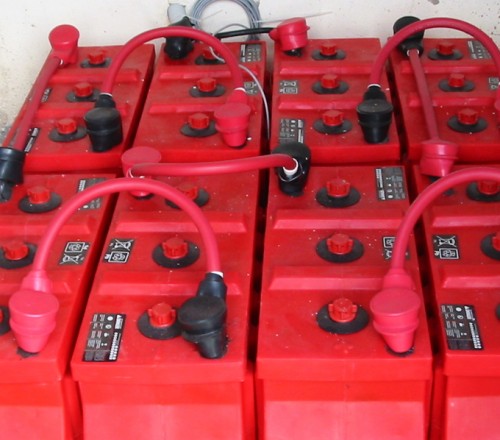
Autonomous power supply systems
Autonomous power systems can generate electricity where the grid does not reach. They achieve this by…
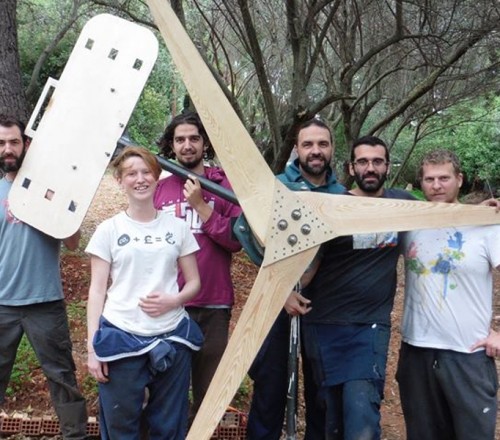
Small wind turbines
Small wind turbine technology is one of the most widespread sources of electricity generation in stand-alone systems…
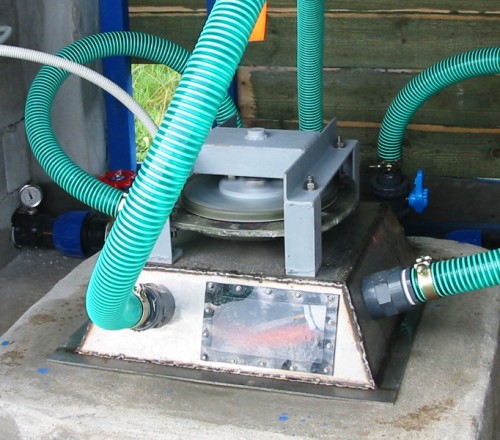
Small hydro generators
Small hydro-generator technology offers one of the most economical sources of electricity generation in stand-alone systems…
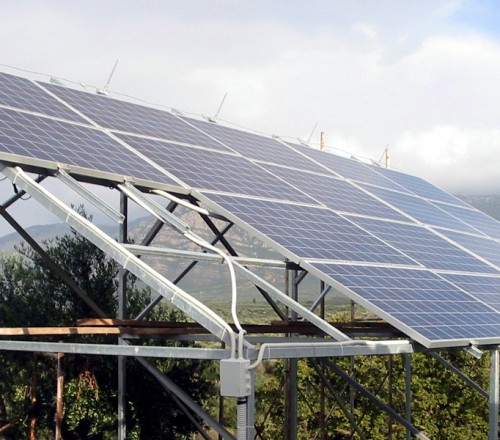
Photovoltaic panels
Photovoltaic panel technology is the most widespread source of electricity generation in stand-alone renewable energy systems. The basic principle…
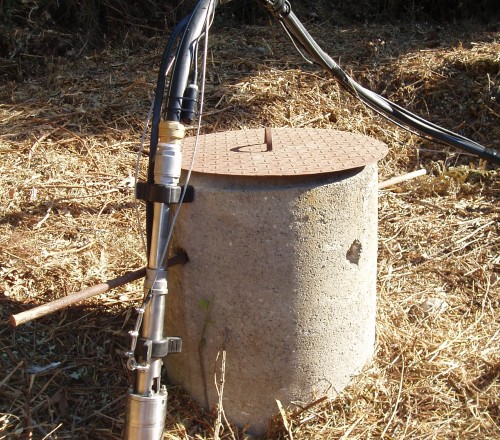
Solar pumps
Solar pumps are now an economically viable solution for pumping water in remote areas that are far from the grid, while the…
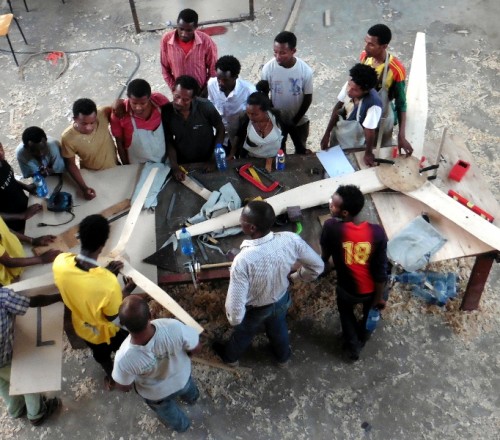
Education
The educational activities in the field of energy aim to give participants the opportunity to get acquainted with different renewable energy sources…
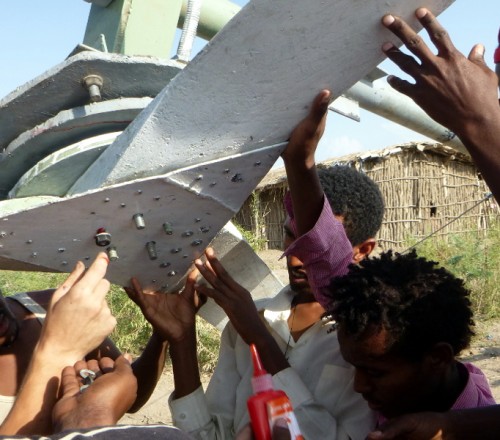
Renewable energy projects
New Guinea is undertaking infrastructure projects in the solar, wind and hydropower sectors, in community-based ventures…
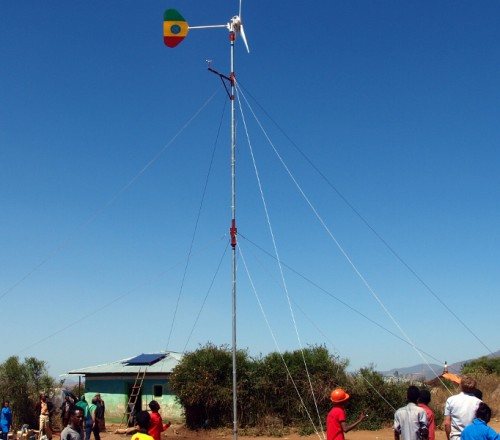
Services
Alongside the workshops and seminars, New Guinea also provides services related to small-scale renewable energy issues. For more information…
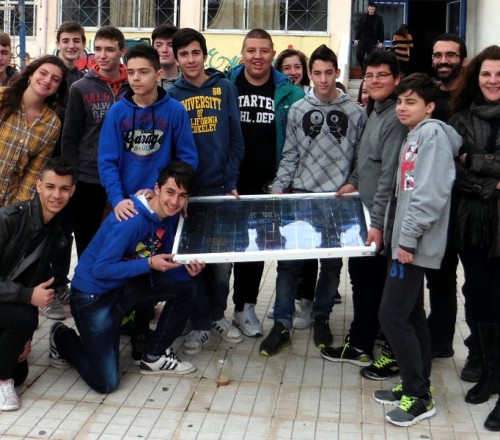
Actions in schools
New Guinea, in cooperation with schools, often organises information events and hands-on workshops on the theme of Energy. Students have the opportunity to come into contact with the…
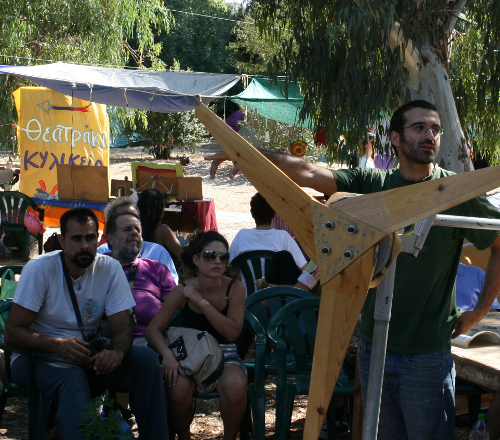
Events
New Guinea often organises information events in solidarity projects’ spaces, while participating in eco-fairs and festivals by organising practical…
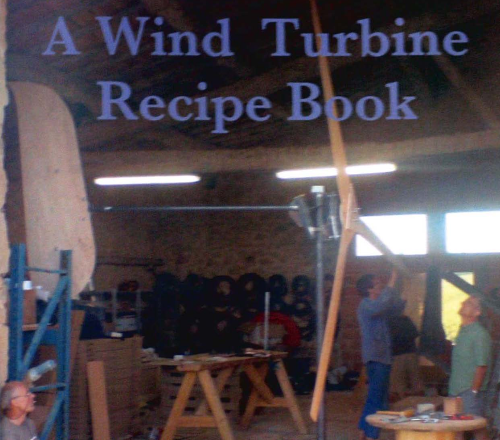
Publications
New Guinea is organising the publication of printed material in the form of books, pamphlets and brochures to enrich and facilitate the dissemination of practical applications…
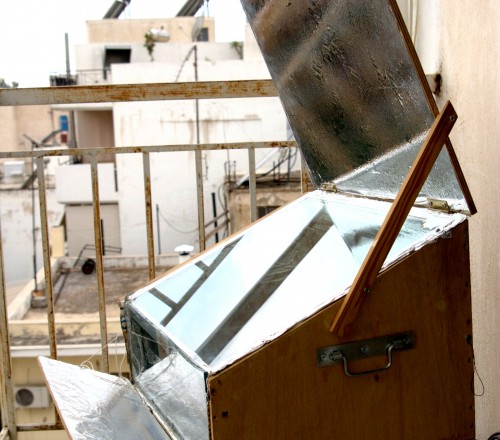
Past educational activities and collaborations
One of the key objectives of our action in the energy theme is to develop…
